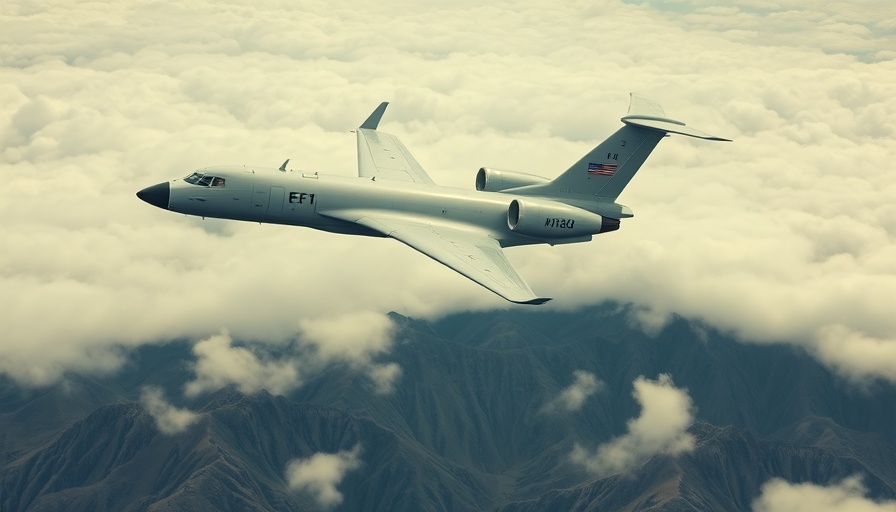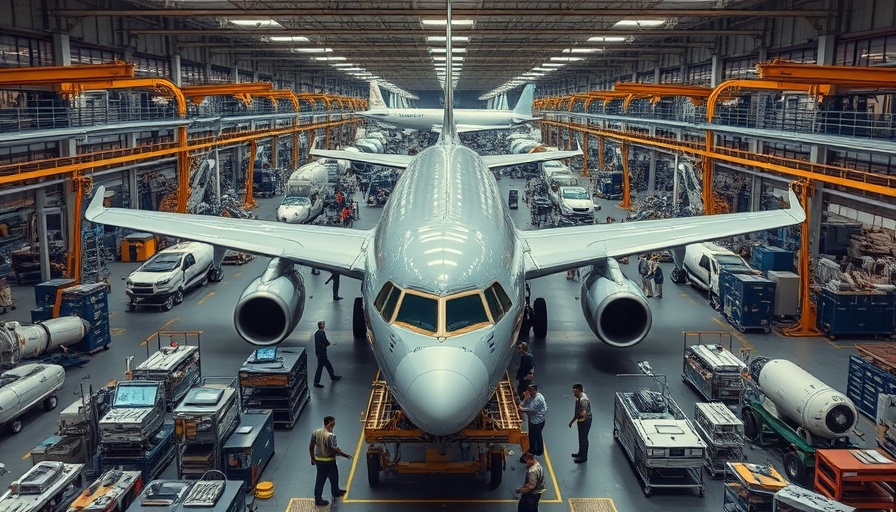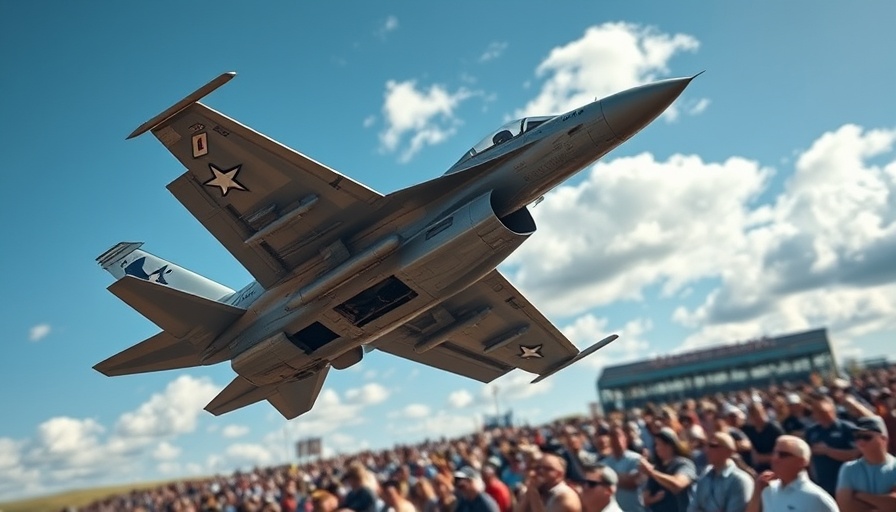
The Case for the E-7: Maintaining America’s Air Superiority
The recent discussions around potentially canceling the E-7 airborne early warning and control (AEW&C) aircraft raise pressing questions about the future of America’s air battle capabilities. The E-7, built on the Boeing 737 frame and armed with advanced radar technology, is designed to serve as a crucial component in modern air combat, essentially acting as the "quarterback" coordinating various assets to achieve air superiority.
Modernizing Aging Platforms: A Necessity
America’s existing fleet of E-3 AWACS aircraft, which has been in service since the 1970s, is rapidly aging and operating increasingly unsustainably. With an estimated maintenance cost of nearly $10 billion to keep these aircraft flying through the mid-2030s, the urgency for a new platform like the E-7 becomes clear. Experts, including Air Force Chief of Staff General David Allvin, have emphasized that the E-3 is becoming obsolete, further reinforcing the need for modernization in light of advancing global threats from countries such as China and Russia.
International Alliances and Shared Interests
The international adoption of the E-7 by countries like Australia, the UK, and South Korea highlights its growing importance as an allied platform. Developing and deploying the E-7 not only enhances American military capability but also fortifies ties with allies who recognize the aircraft’s value. This cooperative approach reduces development costs and fosters a shared commitment to maintaining air superiority.
Strategic Implications of Cancelation
Considering the global landscape, the potential cancelation of the E-7 could significantly weaken America's position in air combat. As allied nations continue to invest in this next-generation technology, failing to adapt may leave the U.S. at a disadvantage. A robust air command and control system is essential to counter threats effectively and maintain security in a rapidly changing geopolitical environment.
Conclusion: A Call for Continued Investment
Canceling the E-7 program would not only neglect the United States’ strategic need for updated aircraft but also risk losing ground to adversaries in air dominance. In a time when our allies are stepping up their capabilities and support, the U.S. must also commit to modernizing its defense fleet. Investment in the E-7 could secure the air battle edge America needs to confront future challenges head-on. Investing in this technology symbolizes a commitment not only to national security but also to collaborative global defense efforts.
 Add Row
Add Row  Add
Add 




Write A Comment